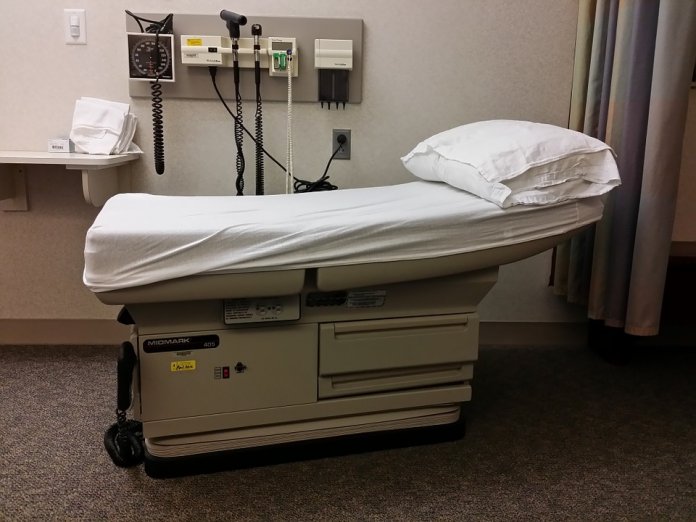By Susan Tebben
Ohio Capital Journal
A study on an unproven “abortion reversal” treatment that relates to a senate bill currently sitting in the Ohio Legislature has ended because of its risk to the female patients.
The study was being conducted at the University of California, Davis, to see if the hormone progesterone could be used to stop abortion performed using a two-dose medication called Mifeprex.
Researchers suspended the study in July after women were hospitalized for severe vaginal bleeding.
The news comes as the Ohio House of Representatives begins its review of Senate Bill 155, requiring physicians to notify patients of “developing research” that claims the effect of mifepristone can be “reversed” if the second pill isn’t taken. This claim has been widely criticized.
Senate Bill 155 is sponsored by state Sen. Peggy Lehner, R-Kettering, and has 14 current Republican senator cosponsors, including Senate President Larry Obhof.
The Ohio chapter of pro-choice organization NARAL released a statement Thursday on the study, saying because it was halted, it “cannot tell us anything about the effectiveness or safety of using progesterone to interrupt a medication abortion.”
NARAL Ohio Executive Director Kellie Copeland said she believes medication abortion is “very safe,” and that Senate Bill 155 is the unsafe measure at play.
“Lehner’s bill, now pending in the Ohio House, is not supported by science and was designed to deceive, pressure, and shame patients,” Copeland stated. “Sadly there are several other pending bills that are also based on unsound science, invent fictional medical procedures, or would give tax dollars to groups that lie to patients.”
Ohio Right to Life applauded ending the study in a statement released Friday. ORL Vice President Stephanie Ranade Krider said the study was “at best morally questionable and worst, coercive of these women who no doubt needed support when facing an unplanned pregnancy.”
“Additionally, to assign the adverse effects experienced by their patients to progesterone (as the study’s authors have done in their public statements), a drug commonly prescribed to prevent miscarriage and preterm labor, is to willfully ignore the facts at hand,” Krider charged.
Recently, the Ohio House passed House Bill 413, which requires doctors to perform a medical procedure attempting to reimplant an ectopic pregnancy into the uterus of a woman. Medical professionals have said this procedure is not possible.
Click here to see other bills currently pending in the Statehouse regarding abortion.





